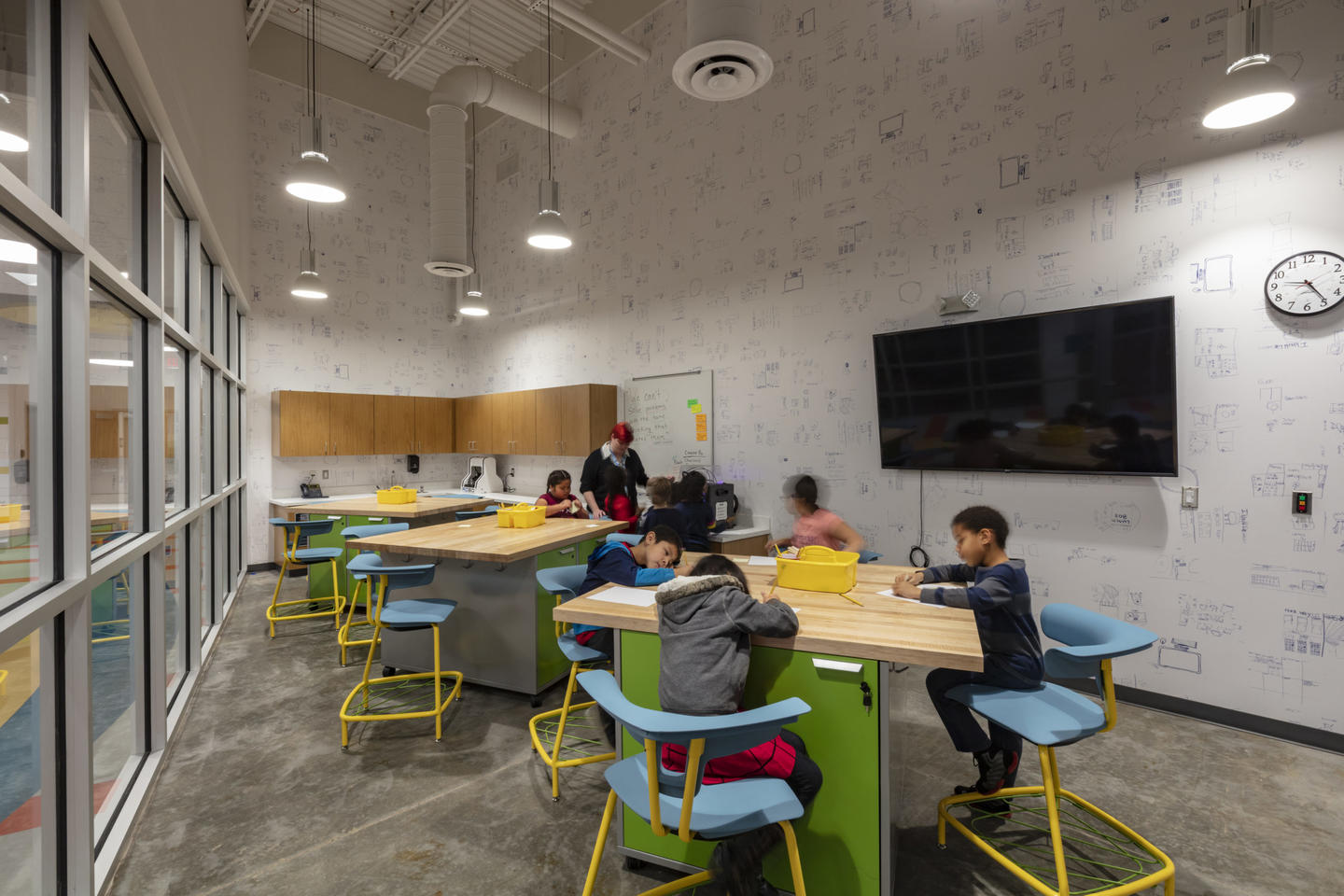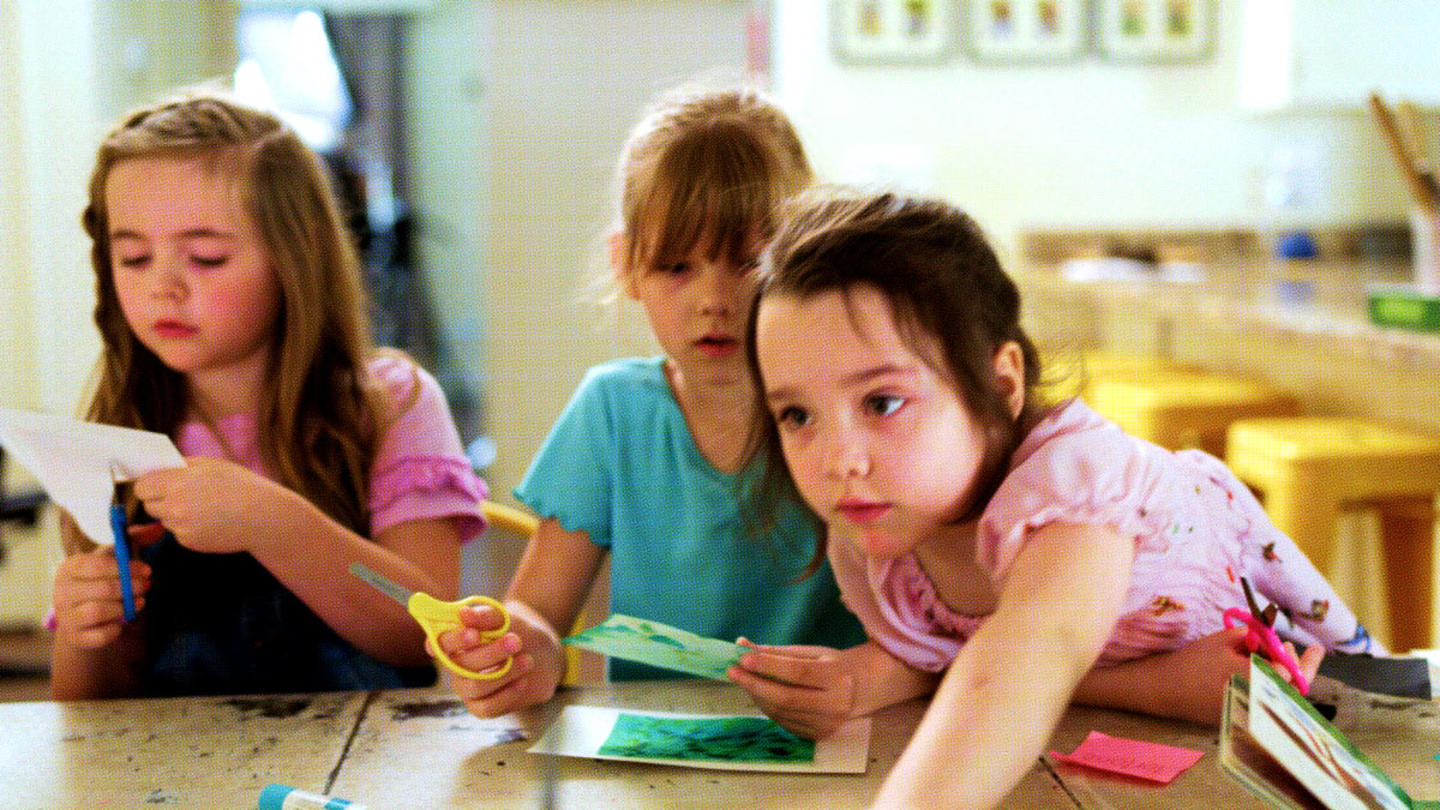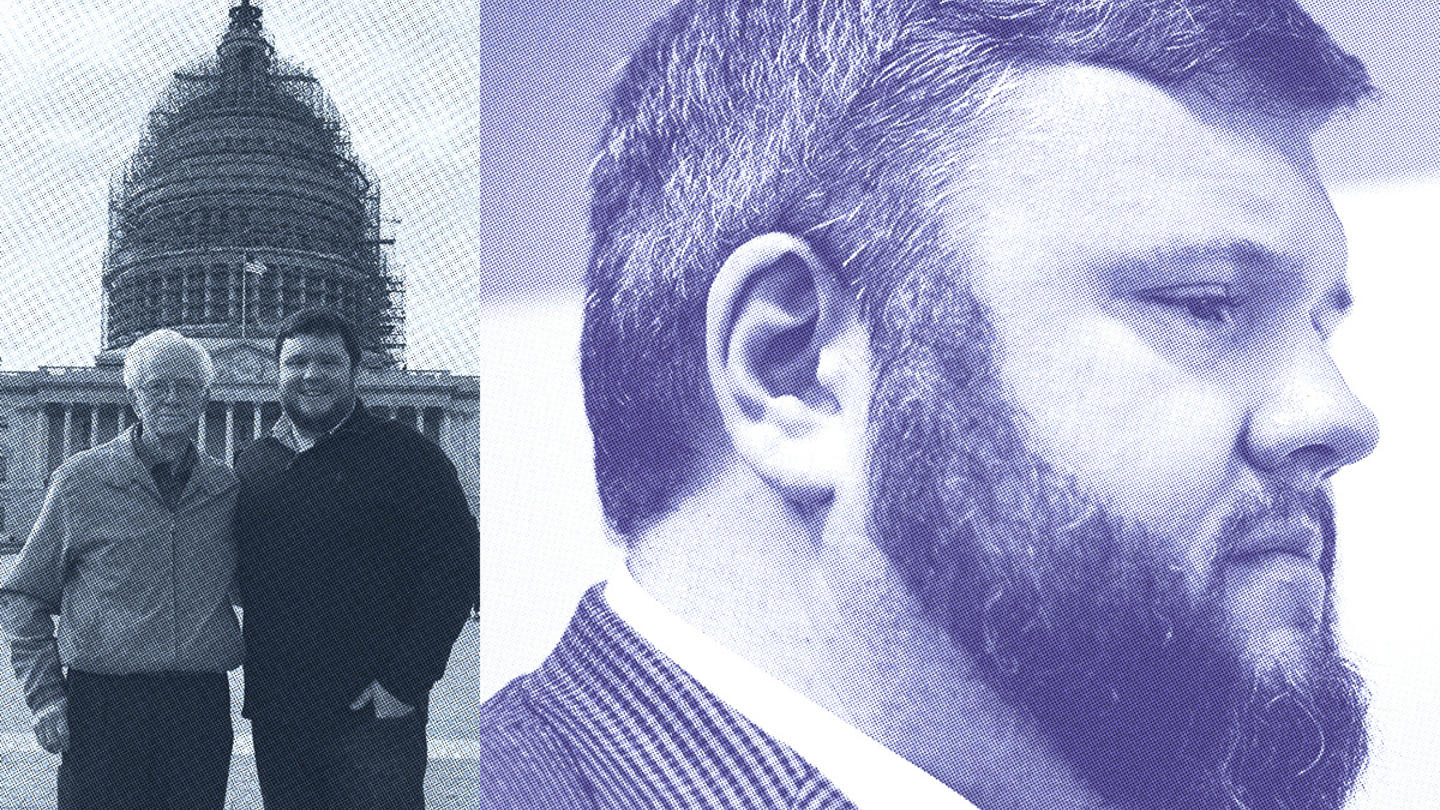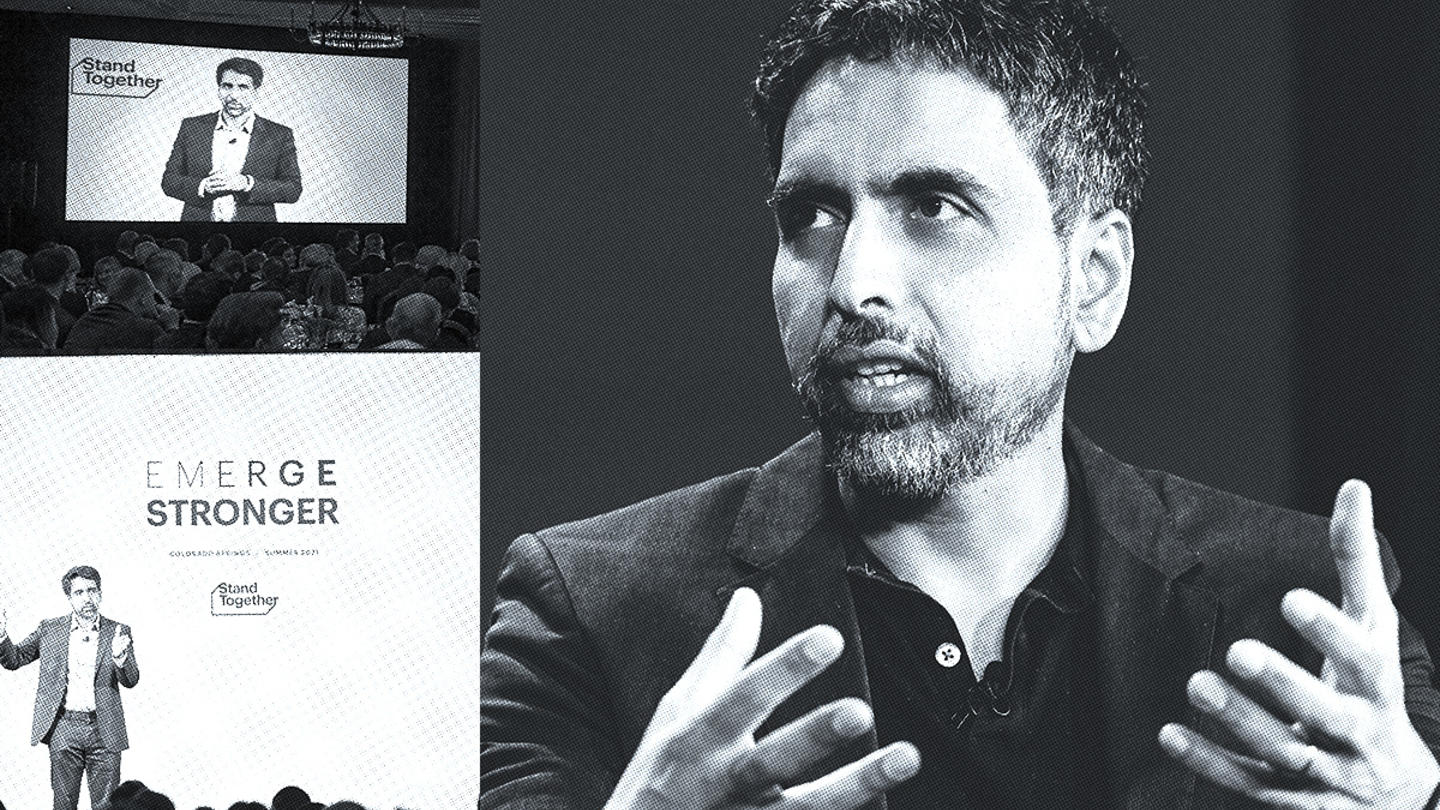Helping students adjust to a new normal brought on by the COVID-19 pandemic is not easy — especially when normalcy is not something these children are accustomed to.
At Positive Tomorrows, an elementary school for children experiencing homelessness in Oklahoma City, providing a sense of stability and respite to their charges is a priority. So many of the approximately 100 students at the nonprofit school live in chaos daily, often bouncing from one place to another. As the only private school in America devoted solely to educating homeless children, Positive Tomorrows is on a mission to partner with homeless families and make school one less thing the kids need to worry about.
Sarah Sheldon teaches kindergartners and first graders, who today face even more instability because of the COVID-19 pandemic. "It broke my heart when I had to stop them from hugging me. They're such little snugglers," Sarah says. "Now we do 'air hugs,' where they hug themselves and I hug myself. They understand we have to do things like this to keep 'yucky germs' away and, when somebody forgets, they remind each other."
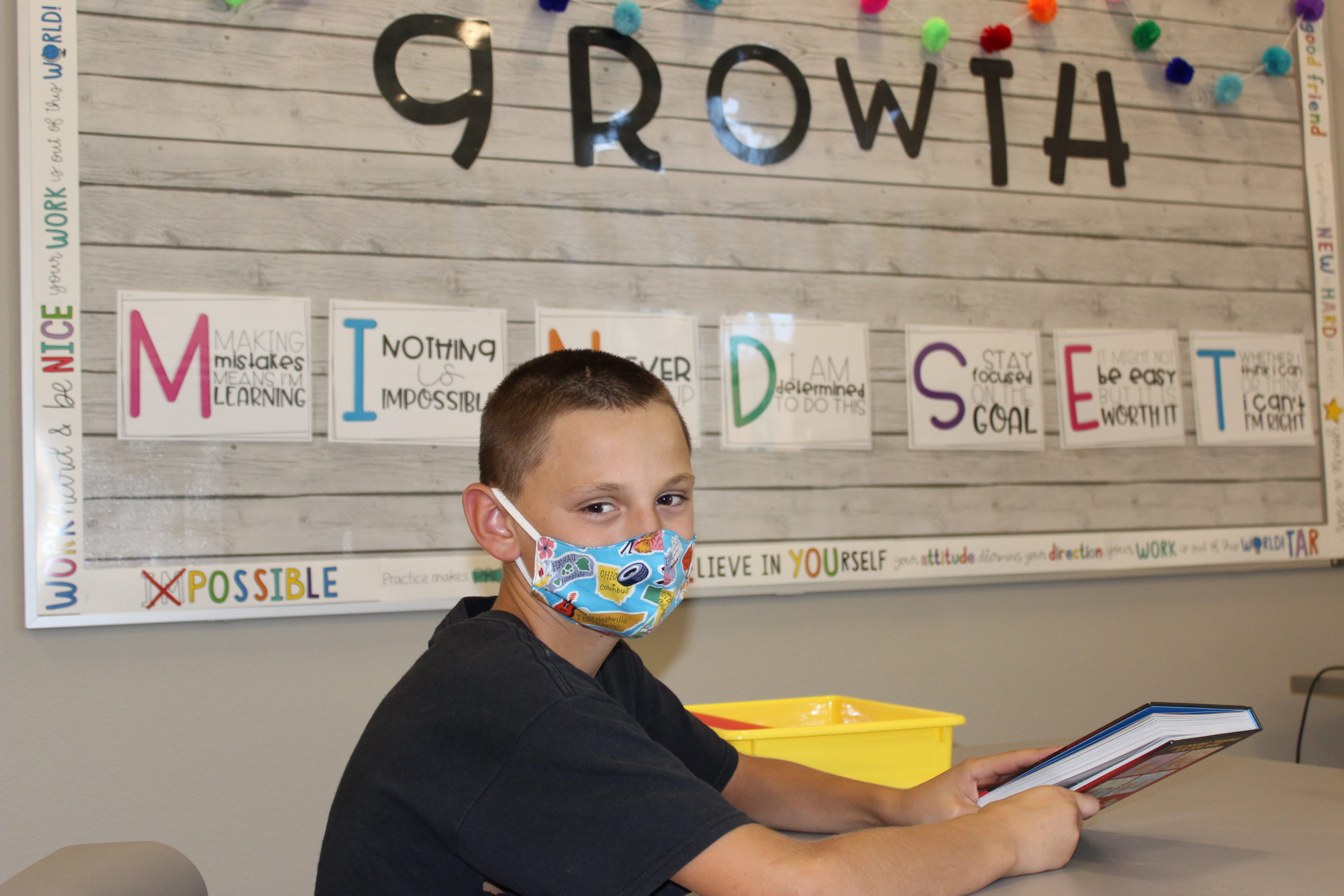
After classes moved online in the spring because of the pandemic, the school's classes, pre-school through 6th grade, are now back in person — complete with masks, social distancing, and frequent hand washing. "It's so much better to see them in person, as long as we can do it safely," Sarah says, adding that "the kiddos love to wash their hands, so that part is easy."
Of all the damage done by the pandemic, its effect on homelessness has been among the most severe. In February 2019, the number of homeless children in the United States exceeded 1.5 million, according to the National Center for Homeless Education — its highest level in over a decade.
But since then, widespread unemployment and financial struggles wreaked by the pandemic have pushed that figure even higher, to more than 2 million children. While many homeless individuals live in shelters, in cars, or in the streets, about two-thirds are what Positive Tomorrows calls "couch homeless," meaning their families are staying with relatives or friends because they lack housing of their own.
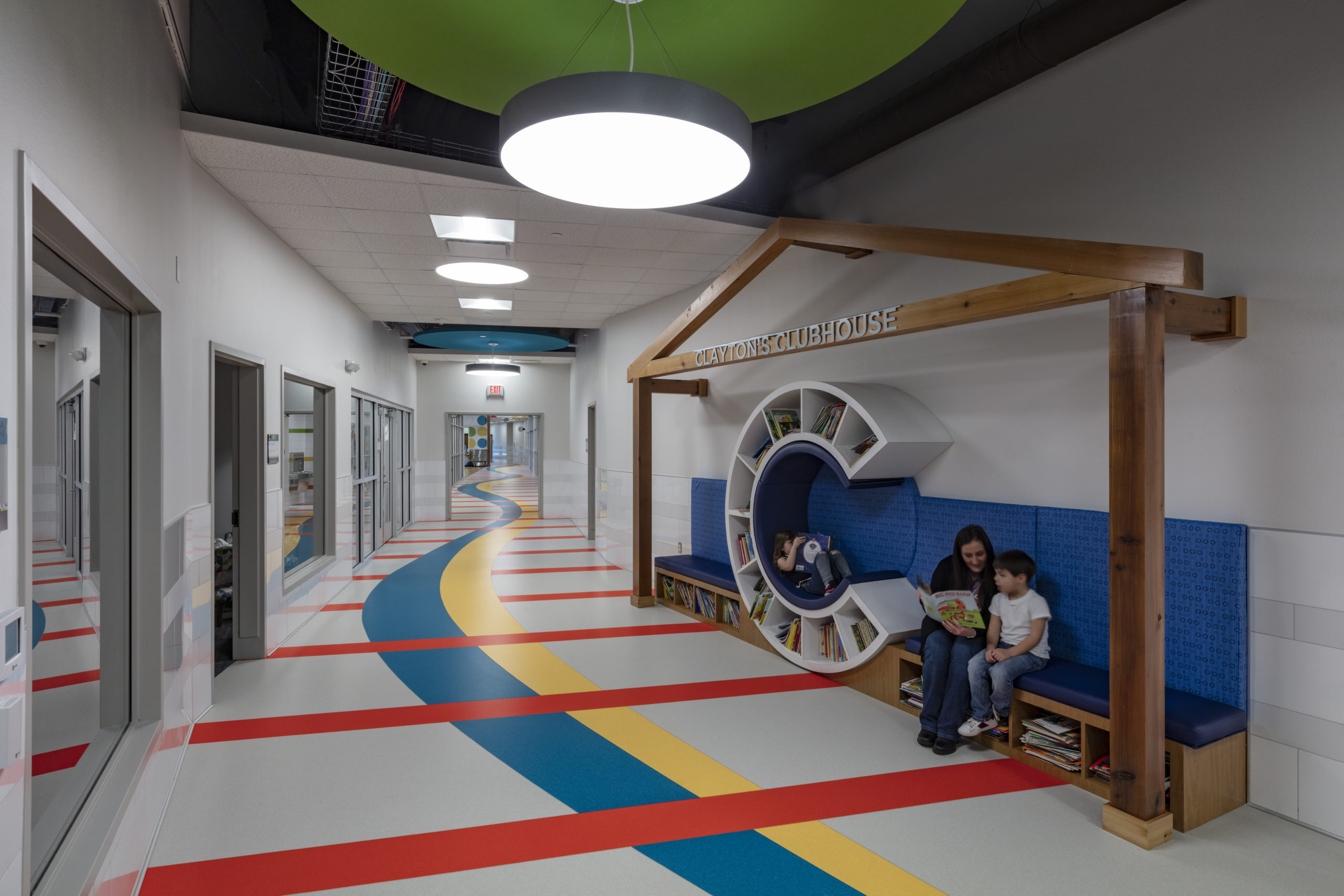
To help those families get back on their feet and regain their independence, Positive Tomorrows offers much more than elementary education. The children receive free health checkups and dental care through community partner agencies and are served meals on-site at their colorful, airy new school building.
Created with the students in mind, the new building was designed to easily adapt to the staff and kids' changing needs, which proved to be even more important during the instability wrought by the pandemic. The building features elements that were requested by the students, including a "treehouse" play corner.
Each family is assigned a case manager who guides parents in setting specific goals for the future, and then provides the resources, like connections to health services, to help achieve them.
"We find barriers and work on eliminating them," says Margaret Creighton, executive vice president at Positive Tomorrows.
Transportation is often a huge issue. In one instance, a family living in a Salvation Army shelter had a car, but the father, recently released from prison, had frequent appointments with his parole officer and others. This meant the child's mother spent her days driving the father around town, with her 2-year-old in the back seat. Positive Tomorrows enrolled the child in preschool and got the father a bicycle to ride to his appointments so that the mother could use the car to find a job.
"It varies by family," Margaret says. "Each one has different needs."
Positive Tomorrows' approach is working. It has helped improve employment for 68 percent of families served, helped 65 percent of them find homes of their own, and helped raise incomes for 70 percent of families they work with.
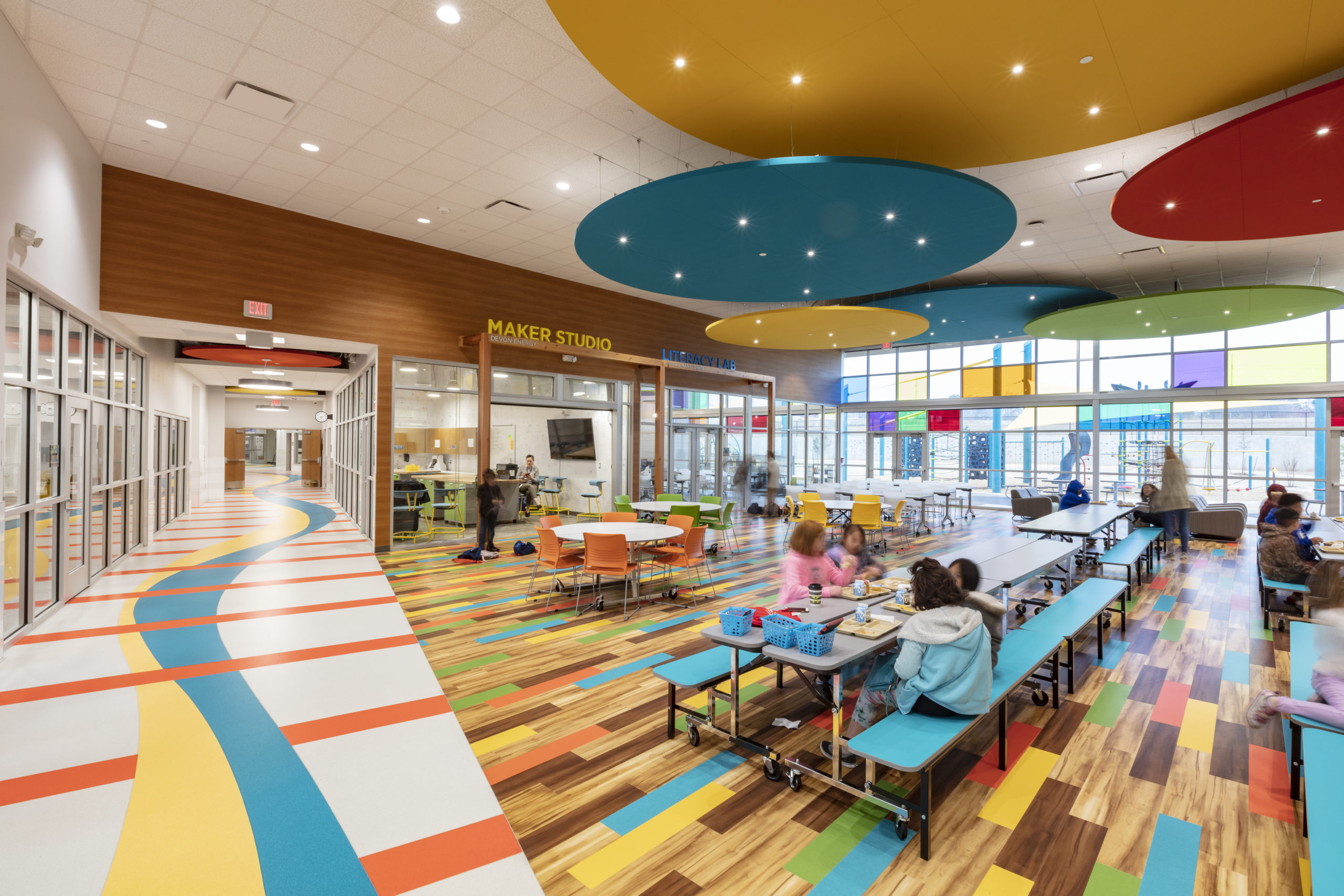
The organization assists in other practical ways as well, starting with a storeroom at the school that's full of clothing and shoes for children and adults, in a wide range of sizes and colors. "Anything a kiddo needs, they only have to ask," Margaret says. "One student who requested a new pair of shoes was wearing a size 5, but it turned out his actual size was 8 ½."
In addition, Positive Tomorrows' food pantry distributes high-protein snacks, like granola bars and cheese sticks, to children and their families. Free school supplies, and personal care items like combs and shampoo, are available too. This support doesn't end when a family moves into a home of its own. Margaret says, "We offer cleaning products, and other supplies like trash bags, sheets, and shower curtains — the basic things people often don't think of."
Supported by individual donors and other foundations, including Stand Together Foundation, Positive Tomorrows helped connect its students' families to 72 payments of $500 each through the #GiveTogetherNow campaign. The effort was led by Stand Together and the Family Independence Initiative, to get fast and direct financial support to families most financially affected by the COVID-19. "The wonderful thing about those payments," Margaret says, "was that there were no restrictions on how the money was used, whether to buy a washing machine, to get a car fixed, or whatever else a family needed at the time."
In the years ahead, Positive Tomorrows plans to expand beyond the elementary grades and welcome middle-school students as well. For now, Sarah Sheldon says, "These kiddos' home lives may be difficult and even scary. But at school, they know that they are always safe and loved."
Positive Tomorrows is supported by Stand Together Foundation, which partners with the nation’s most transformative nonprofits to break the cycle of poverty.
Learn more about Stand Together's education efforts and explore ways you can partner with us.
